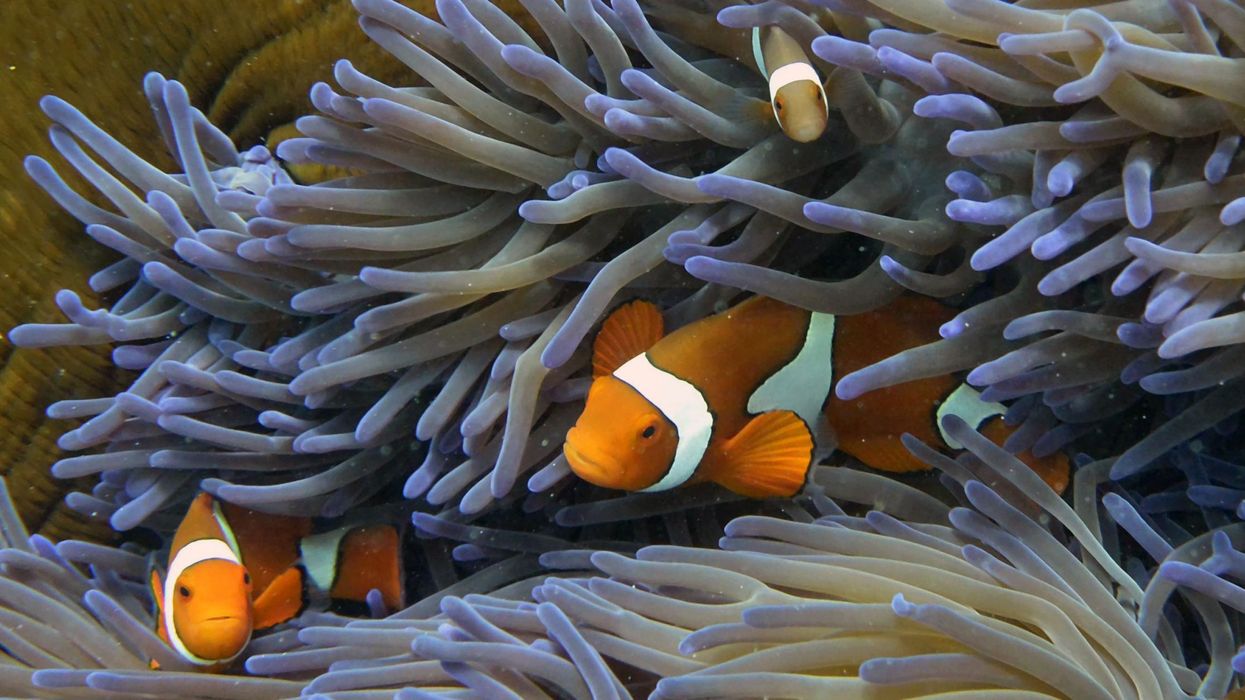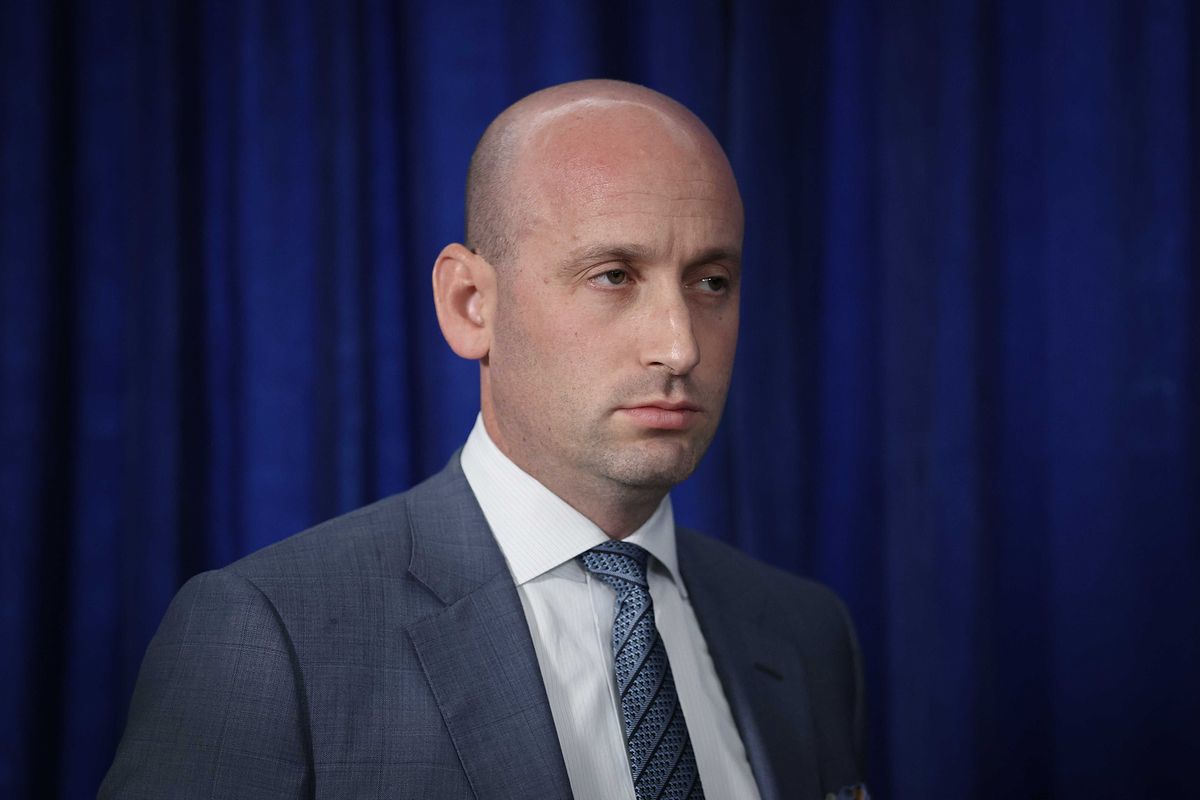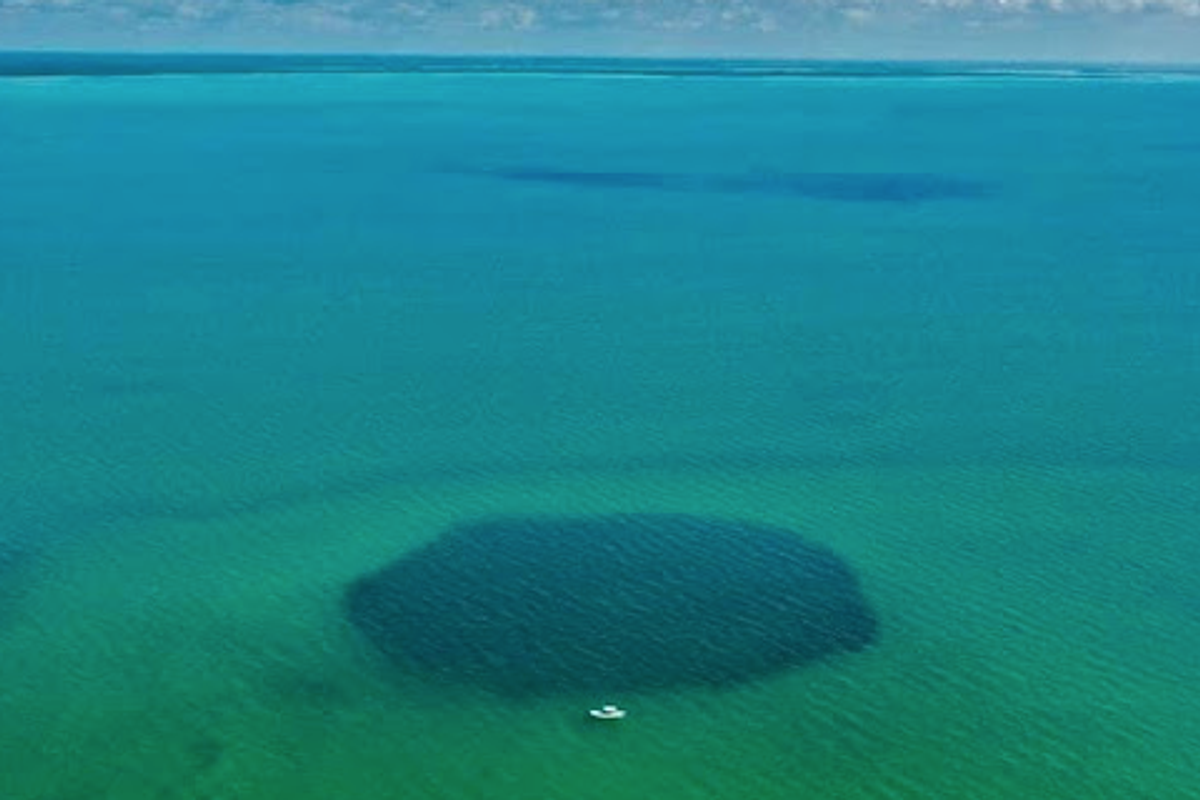News
Mimi Launder
Jul 21, 2017

Picture :
WILLIAM WEST/AFP/Getty Images
The Great Barrier Reef was sadly pronounced dead just a few months ago. But in a sudden and miraculous revival, the UN has announced the reef is now not 'in danger'.
After surviving for 25 million years, it will take something as destructive as humans to finally kill it off - and, in October 2016, leading environmentalist writer Rowan Jacobsen declared the Great Barrier Reef dead.
But wait.
UNESCO's World Heritage opted against including the world's largest living structure of organisms from its 'in danger' list earlier this month.
The draft decision argued that Australia had taken several significant steps to preserving the reef under its Reef 2050 plan.
Does this decision mean that danger to the reef is over, like the decision would suggest? Alas, no.
In the decision, UNESCO also criticised Australia for failing to reach water targets. Last month, in what increasingly seems like doublethink, the same body even warned that World Heritage coral reefs are likely to disappear by 2100.
While Australia celebrates a big political win by protecting their tourism industry and avoiding political embarrassment, puzzled scientists fret over the famous 1,400-mile stretch of reef's future.
Unprecedented coral bleaching - where stresses such as climate change prompt coral to expel algae, dooming it to starvation - damaged two-thirds of the reef this year, aerial surveys have shown.
An 'in danger' status would be to help tackle threats by raising international awareness and sparking conservation efforts for a reef that to even an untrained eye, appears very much still in danger.
More: The Great Barrier Reef is on its last legs and here's why that should terrify you
Top 100
The Conversation (0)













